Proposing ‘more benign’ world order, famed Harvard scholars cite Iran’s ‘measured’ responses to US ‘escalation’
Seeing an America increasingly in decline, two famed scholars have proposed a “more benign” world order, and have praised Iran’s “measured” responses to acts of “escalation” by the United States as evocative of the world they envision.
American Stephen M. Walt and Turkish Dani Rodrik, both of them acclaimed scholars at Harvard University, wrote in a joint article for Foreign Affairs’ September/October 2022 issue that despite global upheavals, “one can… envision a more benign order in which the United States, China, and other world powers compete in some areas, cooperate in others, and observe new and more flexible rules of the road.”
“The global order is deteriorating before our eyes,” they wrote. “It is increasingly clear that the existing, Western-oriented approach is no longer adequate to address the many forces governing international power relations.”
They offered a “four-part framework” in which “all actions and issues would be grouped into four general categories: those that are prohibited, those in which mutual adjustments by two or more states could benefit all parties, those undertaken by a single state, and those that require multilateral involvement.”
They said that approach “would do much to increase trust and reduce the possibility of conflict,” including when states, even “hardened adversaries,” refuse to escalate or to respond to escalation with equally unruly behavior.
In a section subtitled “Acting, Not Escalating,” Walt and Rodrik cited Iran’s behavior in responding to massively escalatory acts by the United States under former President Donald Trump, including the “the shortsighted U.S. withdrawal” from the 2015 Iran deal (known as the JCPOA) and the “‘maximum-pressure’ campaign.”
“When the United States left the JCPOA in 2018, for example, Iran did not respond by immediately restarting its full nuclear program. Instead, it adhered to the original agreement for months afterward,” they said. Even later, and as other signatories failed to uphold their end of the bargain, Iran reduced its commitment “in an incremental and visibly reversible fashion, signaling its willingness to return to full compliance if the United States also did so.”
Trump unilaterally withdrew from the Iran deal in 2018, and launched what he called a campaign of “maximum pressure” on Iran in the hopes that the country would cave in and agree to a new agreement on American terms.
“Iran’s reaction to the Trump administration’s ‘maximum pressure’ campaign was also measured,” Walt and Rodrik said, citing the US assassination of revered Iranian General Qassem Soleimani in Iraq in 2020, an act of provocation that led many to believe the US was provoking war. That act, the US scholars said, “did not lead Iran to escalate.”
General Soleimani was assassinated by the US military in Baghdad. In a statement, the Pentagon claimed responsibility for the act of terror. Iran promised revenge, but also initially responded by firing missiles at a base hosting US soldiers in Iraq. At least 109 American soldiers received brain injuries in that attack, according to the Pentagon.
Since Trump’s exit from the White House in 2021, the Iran deal has been the subject of renewed negotiations over its revival. Those negotiations have slowed down more recently, however, as US President Joe Biden refuses to reverse some of Trump’s actions.
VIDEO | An unchecked presidency
VIDEO | Deportations strain Afghanistan’s fragile economy
‘Full-scale atrocity’: Iran security body reports 2,427 martyrs in US-Israeli-led riots
Smallest coffins are the heaviest: The three youngest victims of foreign-backed riots in Iran
Hamas warns of ‘systematic Israeli violations’ as Gaza ceasefire teeters
Israeli strikes kill 11 across Gaza, including children and journalists: Palestinian medics
US forces transferring Daesh prisoners from Syria to Iraq: CENTCOM
Press TV's news headlines


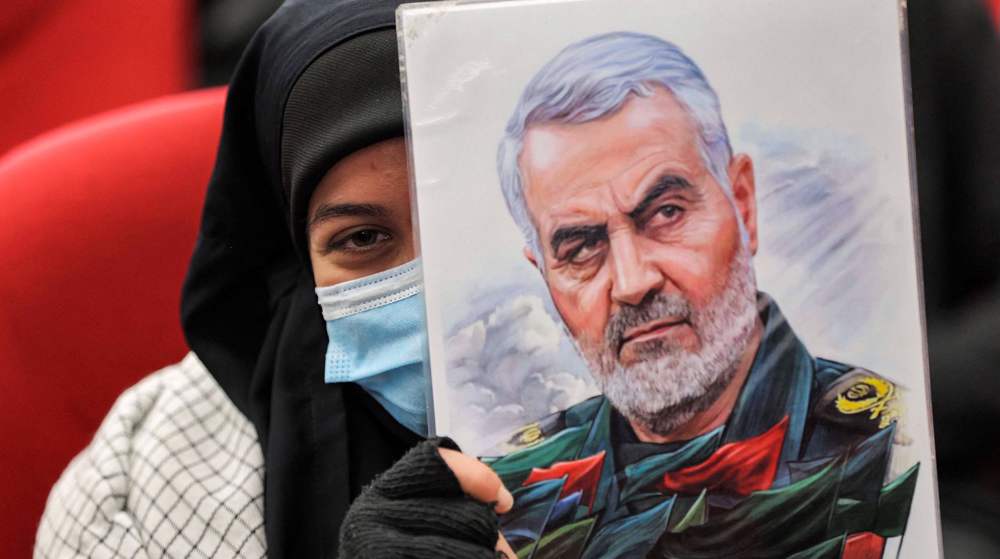
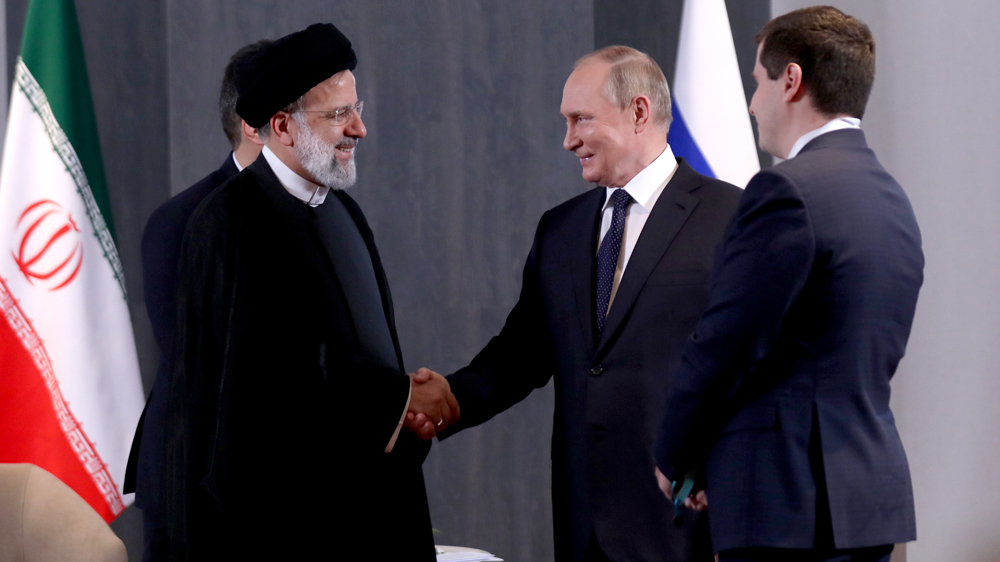
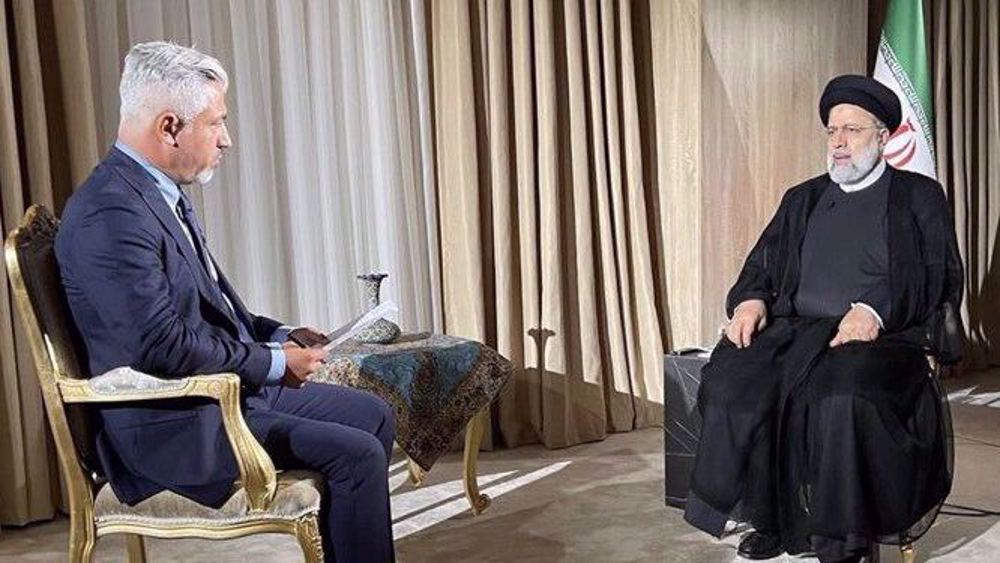
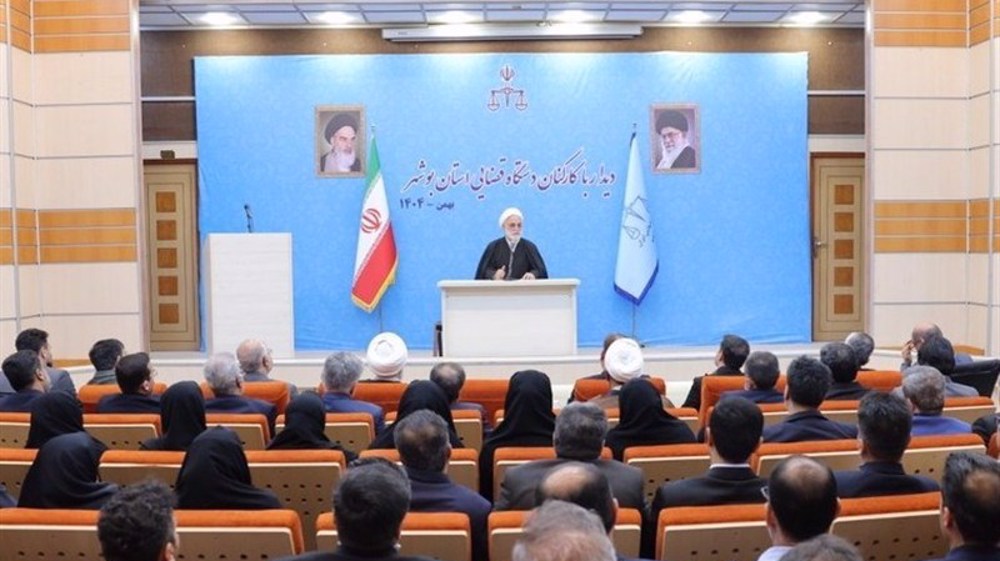
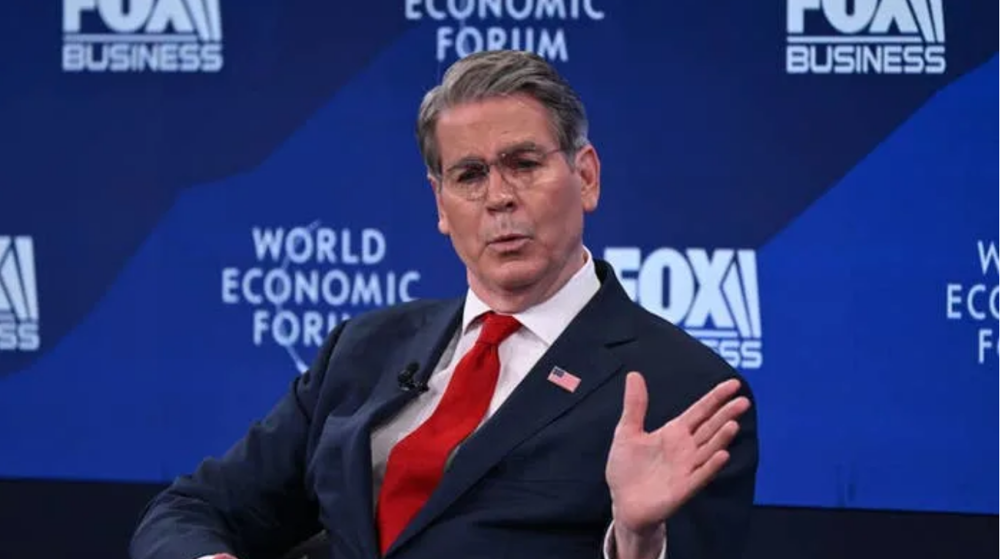
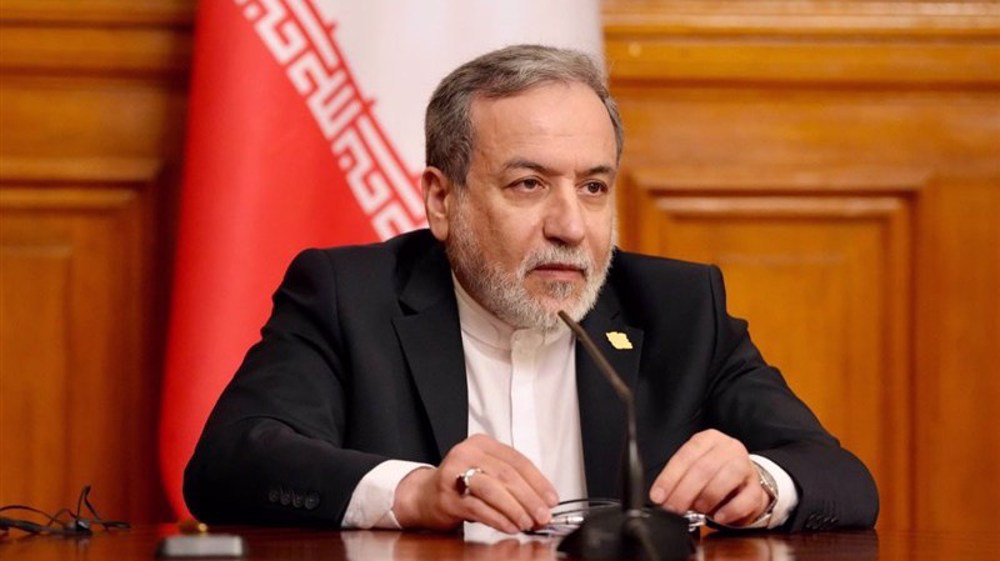




 This makes it easy to access the Press TV website
This makes it easy to access the Press TV website